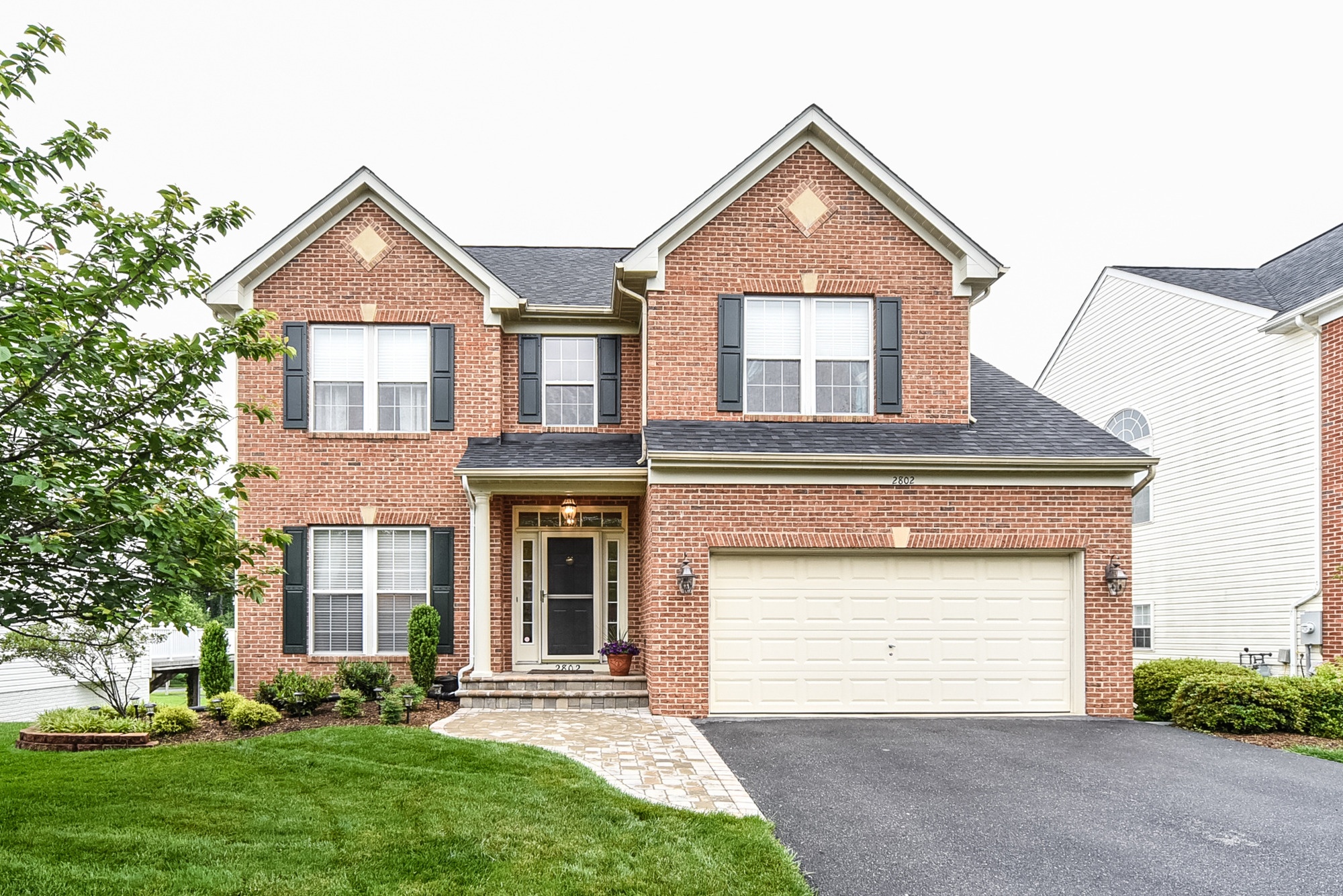Updated July 2024: Whether you find yourself on the receiving end of an offer or are the one extending it, grasping the intricacies and implications of the deal is paramount. Below, we delve into the essential terms and factors to keep in mind during the evaluation process:
Link: Sample Residential Sales Contract
Price: While the proposed purchase price holds significance, it's equally crucial to consider the additional stipulations outlined in the contract.
Seller Subsidy: This credit subtracts from your sales price at closing and is designed to aid buyers with closing costs including buyer agency commission, negatively impacting your net sales price. Please note that this may not always be applicable.
Down Payment: Representing the buyer's financial contribution to the purchase, typically sourced from savings rather than financing. Down payments typically range from 0-20%, with higher amounts indicating a more financially secure buyer.
Financing Type: The type of loan chosen by the buyer, such as a Conventional Loan, FHA Loan, or VA Loan, each catering to different financial profiles and needs.
Earnest Money Deposit: This deposit serves as a demonstration of the buyer's earnest intent to proceed with the purchase, typically ranging from 1-5% of the purchase price.
Settlement Date: The designated day when ownership formally shifts from seller to buyer, usually resulting in funds being transferred to the seller within 48 business hours.
Home Inspection Contingency: A provision allowing the buyer to back out or negotiate based on inspection results.
Financing Contingency: Provides a timeframe for the buyer to secure home financing, with the option to void the contract if financing falls through.
Appraisal Contingency: Allows the buyer to cancel the contract if the home's appraised value is lower than the sales price.
Home Warranty: Offers buyers discounted repair and replacement services for a specified period post-settlement.
Post Settlement Occupancy Agreement: Enables sellers to remain in the home for a set duration post-sale, typically calculated based on the buyer's carrying cost.
Escalation Clause: Empowers buyers to increase their bid incrementally to outbid competitors, up to a predetermined maximum amount, in competitive markets.

The Glass House Real Estate Team
We are passionate about empowering home buyers and sellers. Our team brings a wealth of knowledge and experience. We will help you seamlessly navigate the home buying or selling process stress-free.





